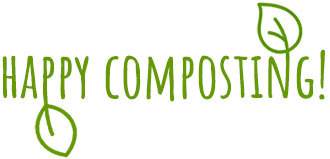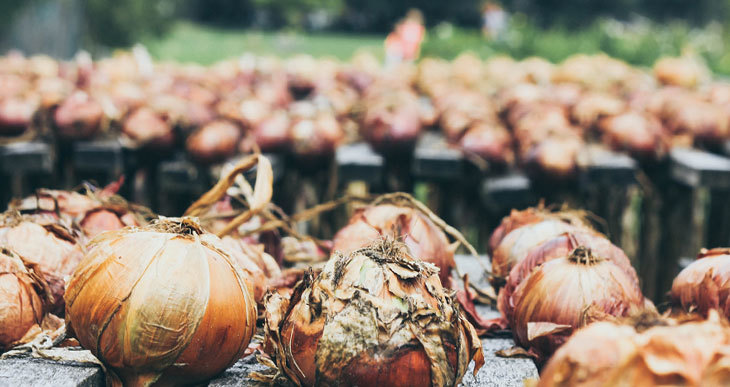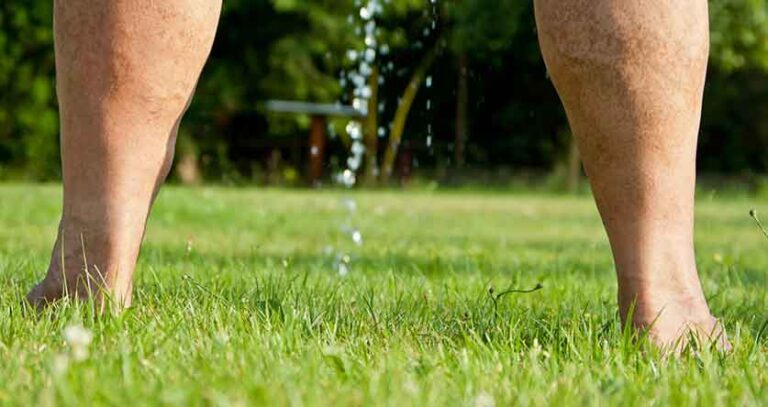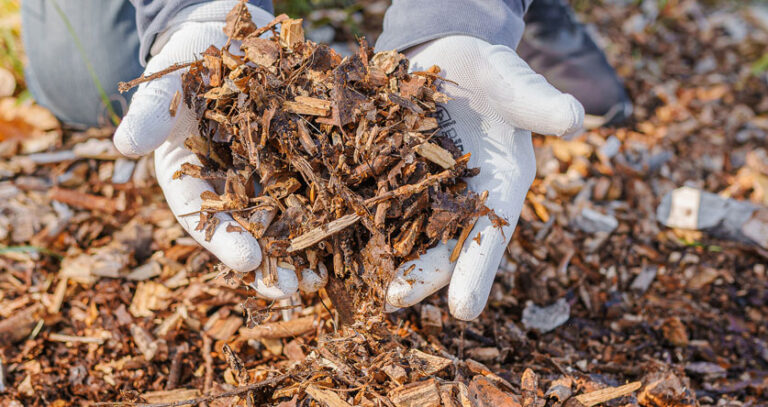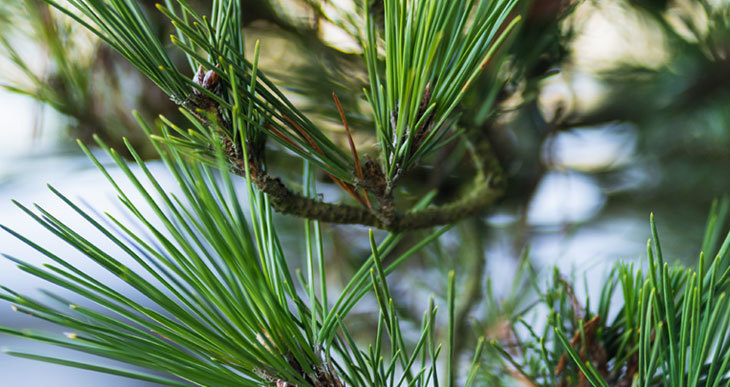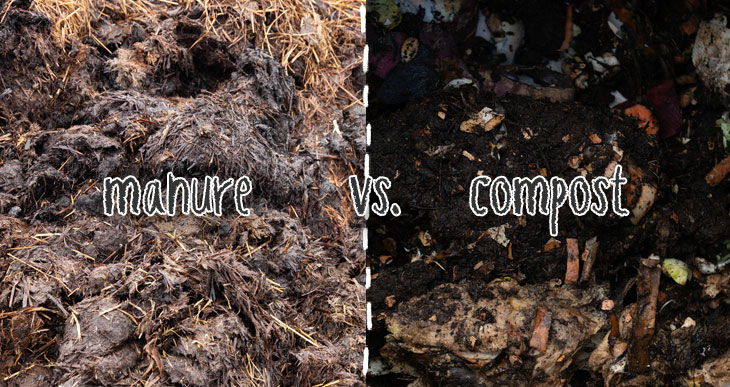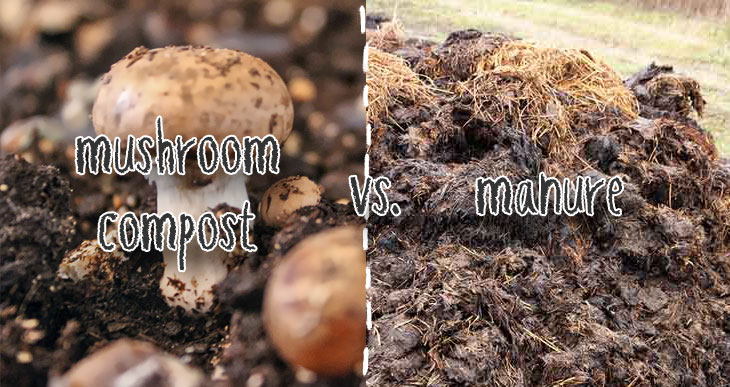Compost Starters (This is what you Need to Know!)
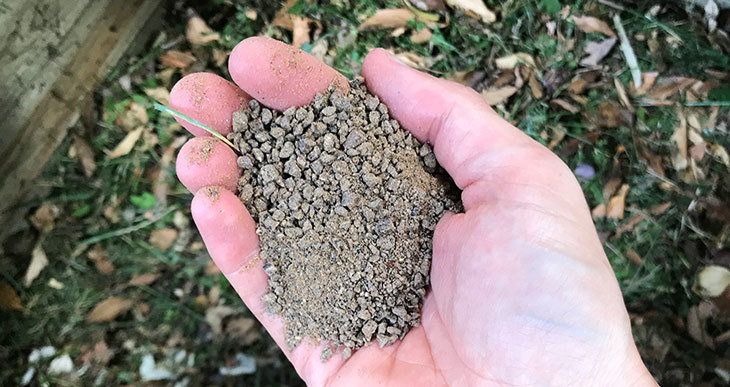
Confused about compost starters ?
I certainly was when I first heard about them.
When you begin composting, you might notice after a few weeks that your compost doesn’t seem to be turning into “compost” ! So you get frustrated and start looking for solutions to “speed up” your organic rotting experiment.
This is when you come across the idea of using some kind of catalyst to make compost faster.
Everything I’ve learned about composting says that if you get the balance of ingredients right in your compost pile, the decomposition process should work well. So why would you need a compost “starter” or “activator” to “get things going” ?
In this article I’ll clarify some common questions about “starters” and help you figure out what you can really do to get your compost to rot properly!
What is a Compost Starter ?
As the name suggests, a compost starter is an additive that you combine with other organic matter in your compost bin to help begin the composting process.
The key thing to remember is that compost is the result of natural decomposition.
Decomposition occurs thanks to the hard work of billions of microorganisms such as bacteria and fungi, and to a certain extent, larger creatures like earthworms and other insects.
Given enough time anything organic will eventually rot. But if you want things to happen quicker, you need to correctly balance the four main composting ingredients (green materials, brown matter, water, and oxygen).
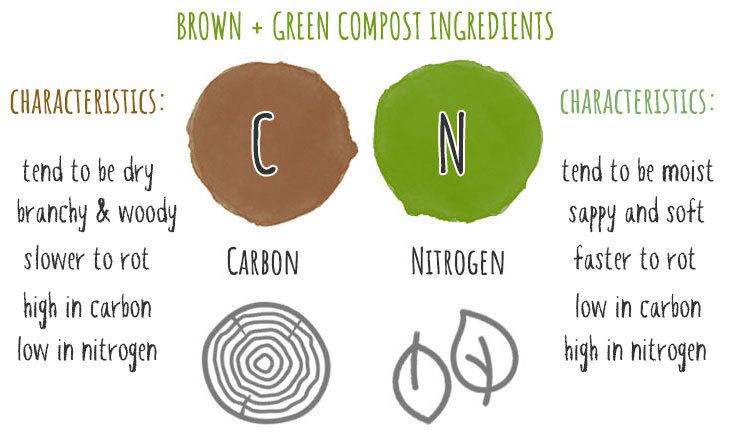
The aim is to try to create the best possible conditions for the microbial activity to develop quickly and let the microbes do their work.
This is where things get tricky!
For most of us, balancing nitrogen rich “green” materials and carbon rich “brown” materials is not easy.
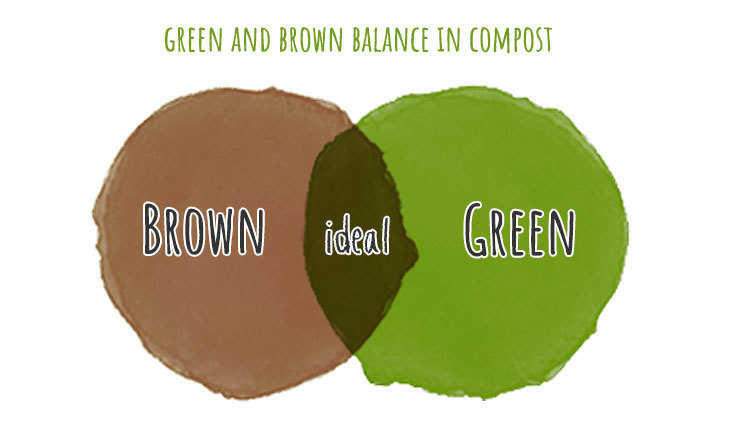
As a quick reminder, green materials are things like grass clippings, kitchen scraps or green leaf prunnings. Brown matter tends to be drier things such as twigs, branches, or dried leaves.
At different times of the year we either have too many or too little of each type of ingredient.
But it’s the lack of nitrogen rich materials which can slow down the rotting process.
Nitrogen rich greens are the high-energy food that bacteria need during the composting process. Without enough nitrogen they simply can’t do their job.
This is what usually leads to the need for a compost activator of some kind. Most of the time, these activators are rich in nitrogen, and adding them to your compost is a way of feeding the bacteria and at the same time restoring balance.
Another common fear is a lack of microbial diversity in a new pile. In reality all the organic matter you put in your bin is already teaming with millions of bacteria. But it has become common practice among gardeners to incorporate additional microbes into the mix. Supplementing bacteria in this way is known as inoculation.
Do you Need a Compost Starter ?
The bottom line is this:
If you achieve the right balance of greens and browns then a compost starter isn’t essential. However, if you struggle to create a balanced mixture of organic matter, air and water, an activator can be particularly helpful.
Below I’ll go over the different types of starters you can use to help get things cooking !
What’s the Best Compost Starter ?
Compost starters come in a variety of different types. Some of these are commercial products, some are natural and easy to find, and a few garders swear by their own homemade formulas.
What is good for using as a compost activator?
These products are often called things like “super hot compost activators” or “compost boosters”. Some of them contain nitrogen rich ingredients, and others include inert bacteria which activates inside the compost pile. A few of them combine a bit of both.
I’ve also seen products which seem to be nothing more than nitrogen rich fertilizer.
Frankly I wouldn’t bother using them.
It’s difficult to know exactly what many of these products contain and they are relatively expensive. There are plenty of alternatives you can try before using this kind of activator.
Compost Inoculants (Bacteria)
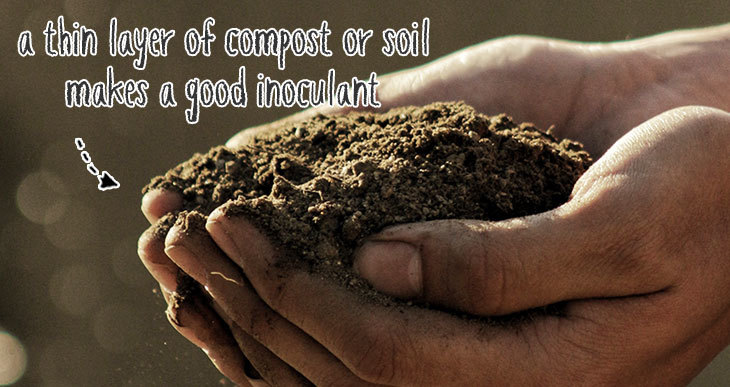
Compost inoculation is the idea of adding bacteria to kick-start the microbial population in your compost bin.
The best type of inoculant you can use is finished compost ! If you have some ripe compost left over from another pile, simply sprinkle a thin layer of compost on top of every 12 inches of new organic material. This will add a bunch of microorganisms and maybe a few insects and worms as well.
And it’s free…
However, if you’re just starting out you may not yet have any spare compost. If this is the case you can add top soil in the same way and get many of the same benefits.
Although perhaps not as rich in nutrients as finished compost, soil also contains a mass of microbes (and if you’re lucky a few worms) and can be used to inoculate your pile.
Natural Compost Starters
There are many substances which are naturally high in nitrogen and can be added as a way of feeding composting microbes.
Manure is probably one of the most commonly used starters and is easily available in rural areas. If you do source manure from a local farmer try to avoid manure that is too fresh because this may cause excessive bacterial activity in your compost bin and harm the beneficial microbes in the compost. Fresh manure also has a high water content so it’s best to leave it to dry a while before adding it to the pile (otherwise you unbalance the moisture content in your compost).
If you’re not in a rural area, you can still find alternative manure products, usually in the form of pellets – this organic chicken manure is a good example (links to Amazon).
Certain powdered products or “meals” can also be incorporated thanks to their high nitrogen levels. Bone meal & blood meal are commonly used in gardening as fertilizer, and they add a good dose of nitrogen.
Blood meal in particular has a very high nitrogen level. This is one of the solutions I prefer for my own compost – See this organic option (you can even compost the box!)
These dry powders don’t have a strong smell and are easy to handle.
If you don’t like using animal products and prefer a more vegetarian alternative you can try alfalfa meal or soybean meal (links to Amazon). They have a pleasant smell and are relatively easy to find. They also contain some phosphorus and potassium which are essential elements for plant growth.
All of these powdered by-products can simply be sprinkled over fresh organic matter every 6 inches or so. Add a little water to each layer.
A quick note about coffee grounds. Although rich in nitrogen they are probably best avoided as an activator. Coffee has antibacterial properties which can interfere with microbial activity. I avoid using coffee grounds in my compost.
DIY Compost Starters
Some enthusiastic gardeners also make their own concoctions to be used as compost activators. A typical set of ingredients includes the following:
- A gallon or two of water
- One small bottle of beer
- Half a cup of ammonia
- One can of sugary soda (not diet)
You can mix all the ingredients together in a bucket and use a watering can to wet fresh composting materials. There’s not a lot of hard science about the efficiency of this kind of mixture, but the theory behind it is as follows…
The beer contains yeast which is a form of fungi. The fungi that would otherwise naturally develop in a compost pile helps to break down the tougher brown materials like branches or corn stalks. So I guess the brewers yeast is intended to help break down the dryer carbon content in the compost pile.
Ammonia, which is sometimes used in gardening to help alkaline loving plants, is very high in nitrogen.
The soda has a very high sugar content. The idea is that sugar provides an easy source of food for the beneficial bacteria and gets the microbial population off to a good start. I haven’t found much evidence that sugar is useful to composting bacteria, but it has been shown (with varying results) that molasses can increase microbes in soil when used as an amendment.
If you fancy giving this kind of compost starter recipe and try then it probably won’t do much harm.
But if you ask me, it’s a waste of good beer !
Using Compost Starters (Conclusion)
I’ve often read that compost starters and activators are a “vital element” to any compost. To cite the well known composter Stu Campbell:
“trying to make good compost without an activator is like trying to make concrete without cement”.
Most of us are in a hurry to get good compost as soon as possible. In my opinion, using starters is good advice and certainly can’t do any harm. My own solution at the moment is to use a sprinkling of finished compost (or soil) and a few handfuls of blood meal, approximately every 6 inches or so…
